Tag: censorship


Tolerance means dealing with ideas without canceling or censoring
January 25, 2024 | Post
Society is always changing, and so are ideas.
One constant, however, is intolerance for different ideas. That intolerance has left its mark, often in blood, on human history. The current iteration of intolerance, though not quite bloody, is “cancel culture.”

Remembering Ibrahim Qashoush: a brutal story of musical resistance and regime violence
October 27, 2023 | Post
Although highly unknown beyond the Free Syria movement, an often-forgotten cause, Ibrahim Qashoush was a popular singer during the beginning of the Syrian Revolution. He soon became one of the countless victims of the Assad regime’s brutality. This is his story.
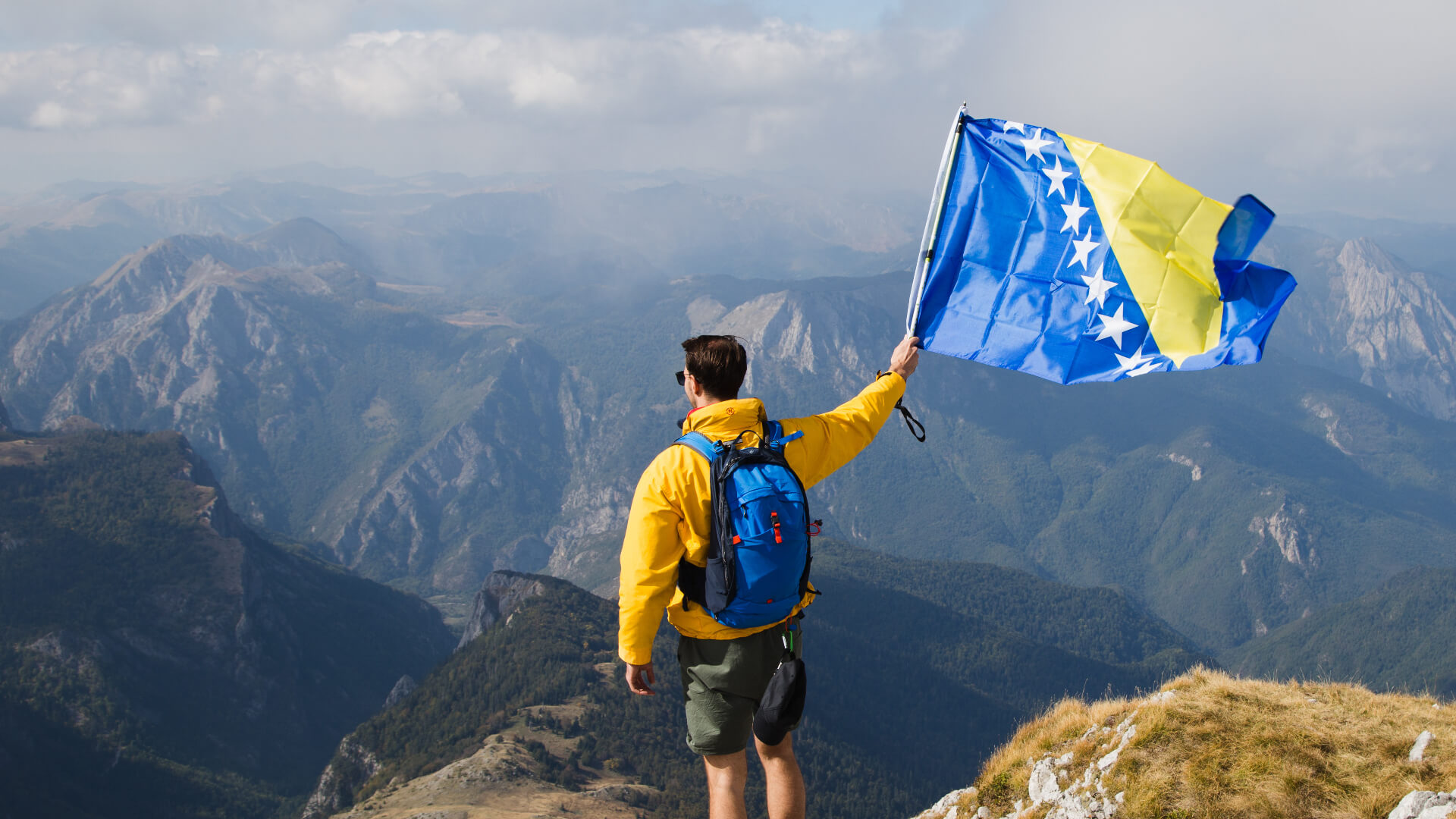
Branded as traitors: why activism in Bosnia and Herzegovina is not for the fainthearted
October 2, 2023 | Post
Right now, activists in Bosnia and Herzegovina, specifically within the region of Republika Srpska, are bracing themselves for an array of new challenges as the government plans to enact a law that will impose strict oversight and intense scrutiny of non-governmental organizations. Those receiving funding from abroad will be required to register as “foreign agents.”
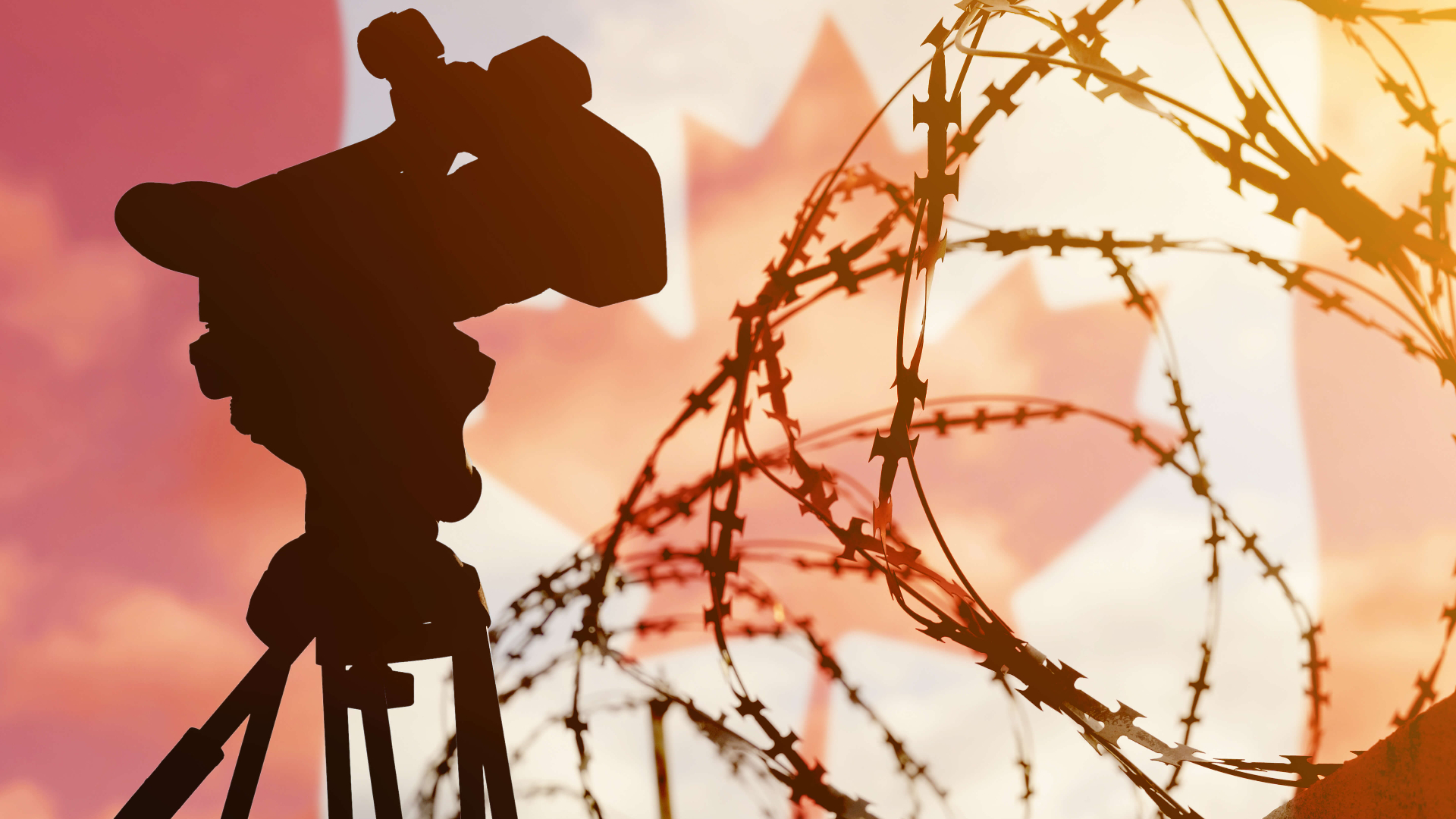
Bill C-11: how Canada’s algorithm power play stifles free speech online
September 26, 2023 | Post
For the Canadian Government, Bill C-11 heralds a fresh avenue for regulation and control. It is a mechanism for both reprimanding adversaries and rewarding lobbyists. Naturally, this government dominance over media comes at the cost of freedom and diversity of content online. Here’s what’s at stake…
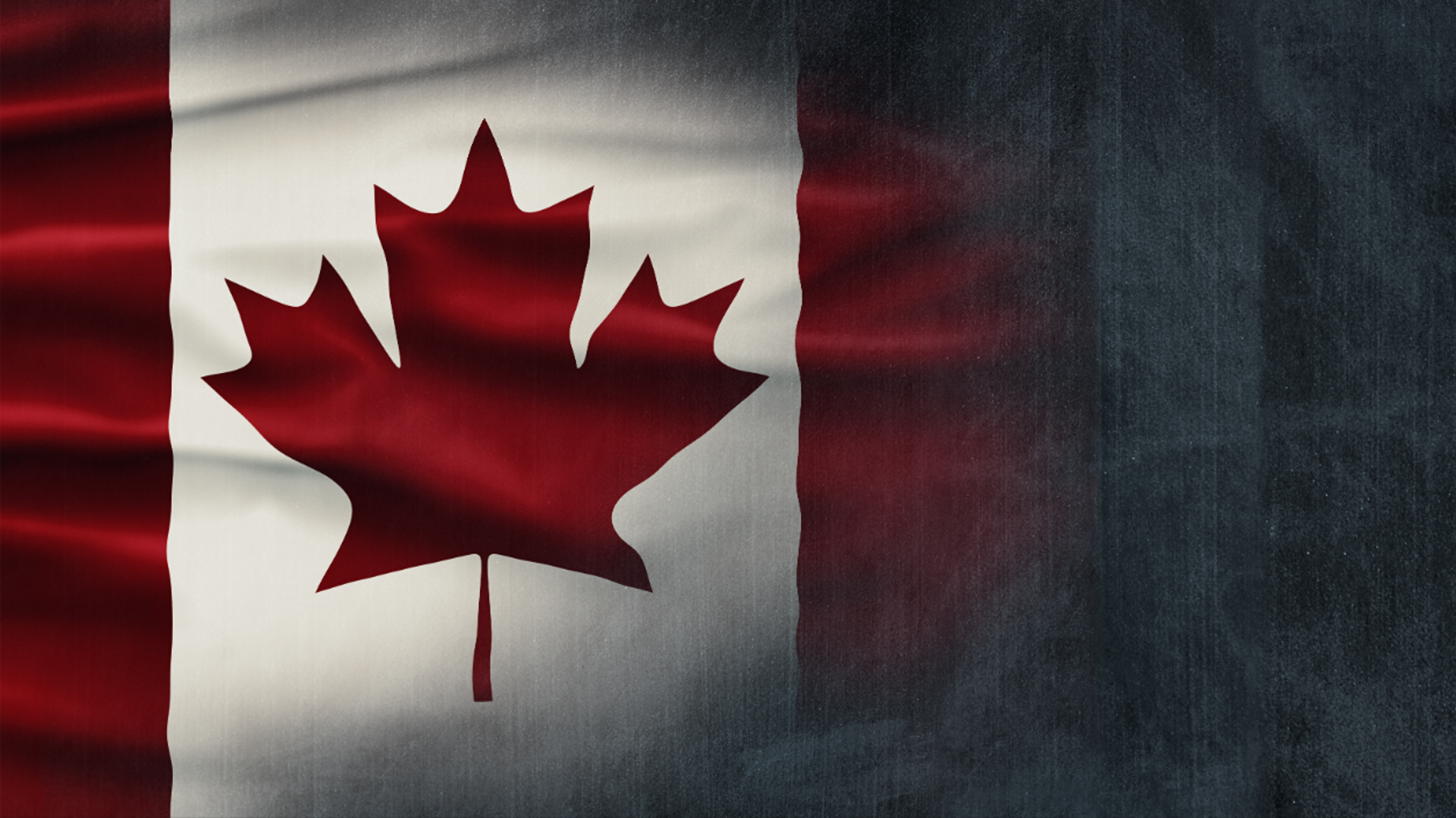
Bill C-18: social media no longer a home for news in Canada
August 3, 2023 | Post
Under the guise of supporting local news outlets in Canada, Bill C-18 aims to censor all news outlets on social media platforms unless their companies offer compensation to Canadian news outlets for the news they provide.
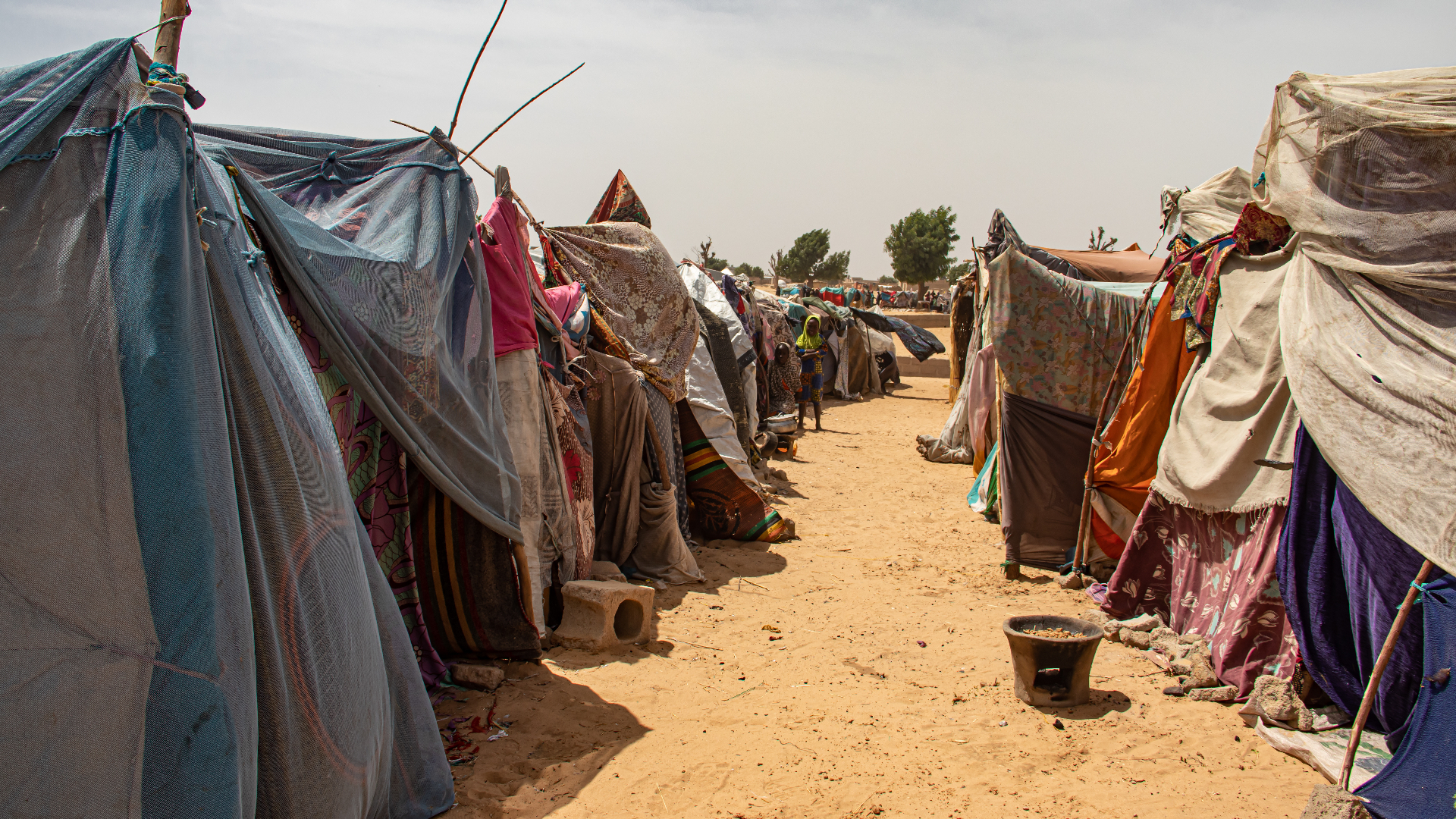
Why are people in Sudan running for their lives again?
July 18, 2023 | Post
Leaders on both sides of the conflict in Sudan have inflicted political repression as they strive to maintain their grip on power. Activists, journalists, and civil society organizations face harassment, arrests, and imprisonment, effectively undermining their right to political participation.
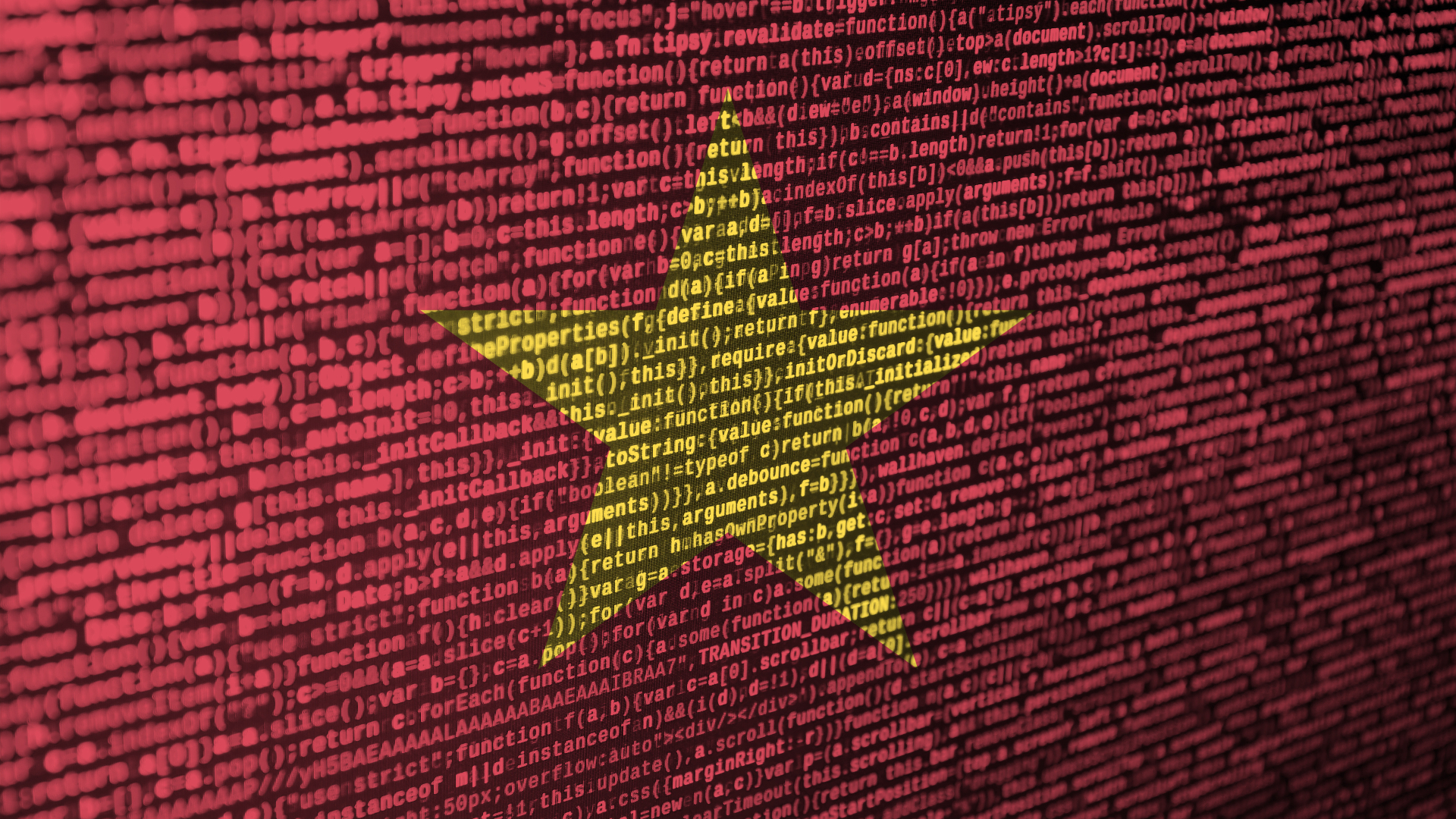
An assault on anonymity: the consequences of Vietnam’s new social media policy
June 2, 2023 | Post
In Vietnam, a new regulation will take effect by January 2024 requiring all social media users to verify their identities in order to use online platforms. This move is a blatant violation of the right to free expression and privacy.
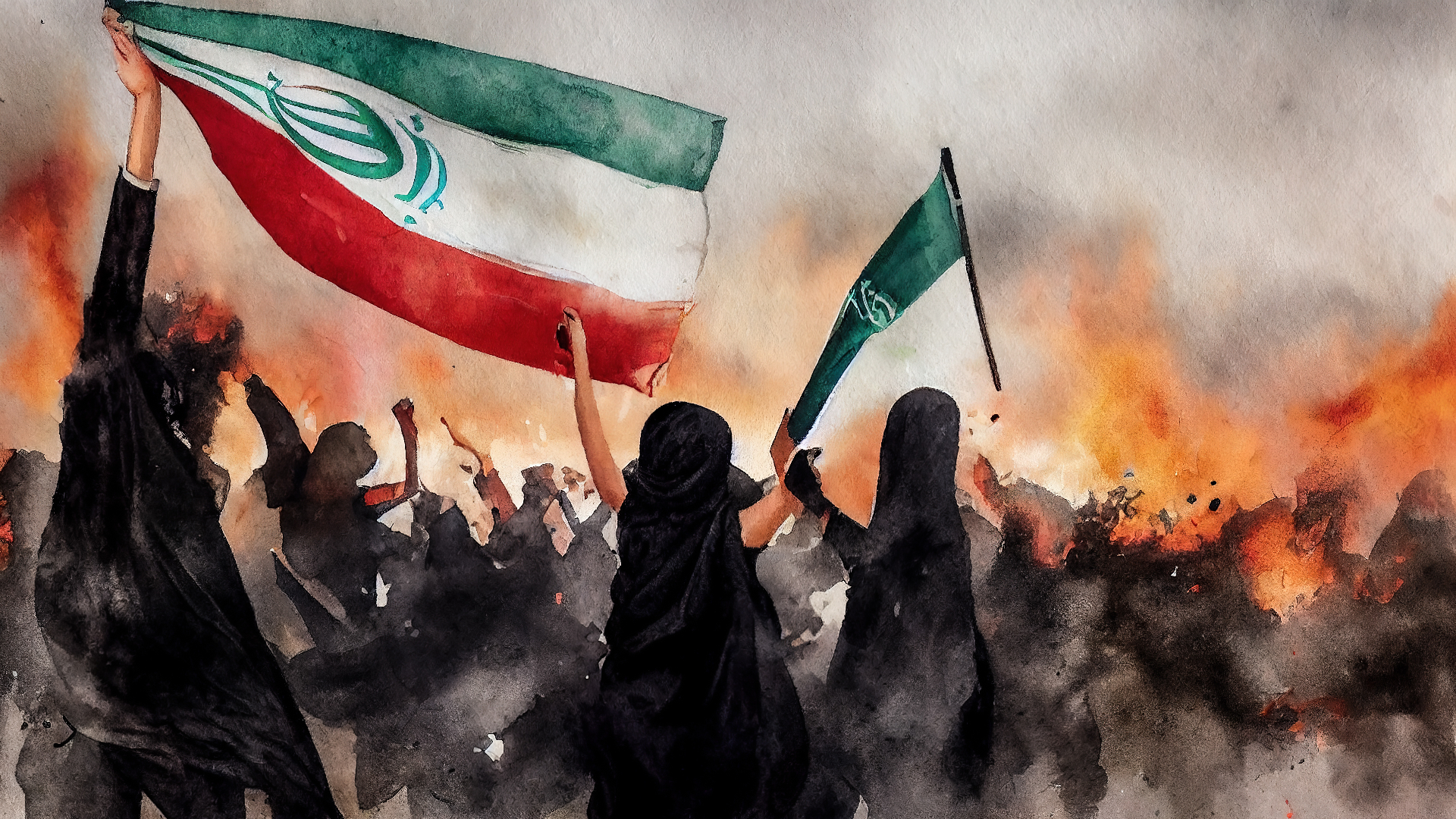
Political Islam and the violation of individual rights
April 5, 2023 | Post
Can you imagine living in a country where your government can kill you for not following a state-imposed dress code; or jail you for ten years for sharing a video of yourself dancing with your fiance; or kidnap you for daring to speak your mind? Iranians live in such a place.

Is Covid China’s Chernobyl?
April 4, 2023 | Post
Just as COVID has changed our lives in many ways since 2020, Chernobyl changed the world in 1986. These were two great disasters emanating from two major communist nations. The results and consequences of both will affect us for a very long time, maybe even forever.
As many will know, Chernobyl was instrumental in accelerating the end of the Soviet Union and is critical to our understanding of this period. However, could COVID be the key to understanding, in the future, perhaps, the end of Communist China?
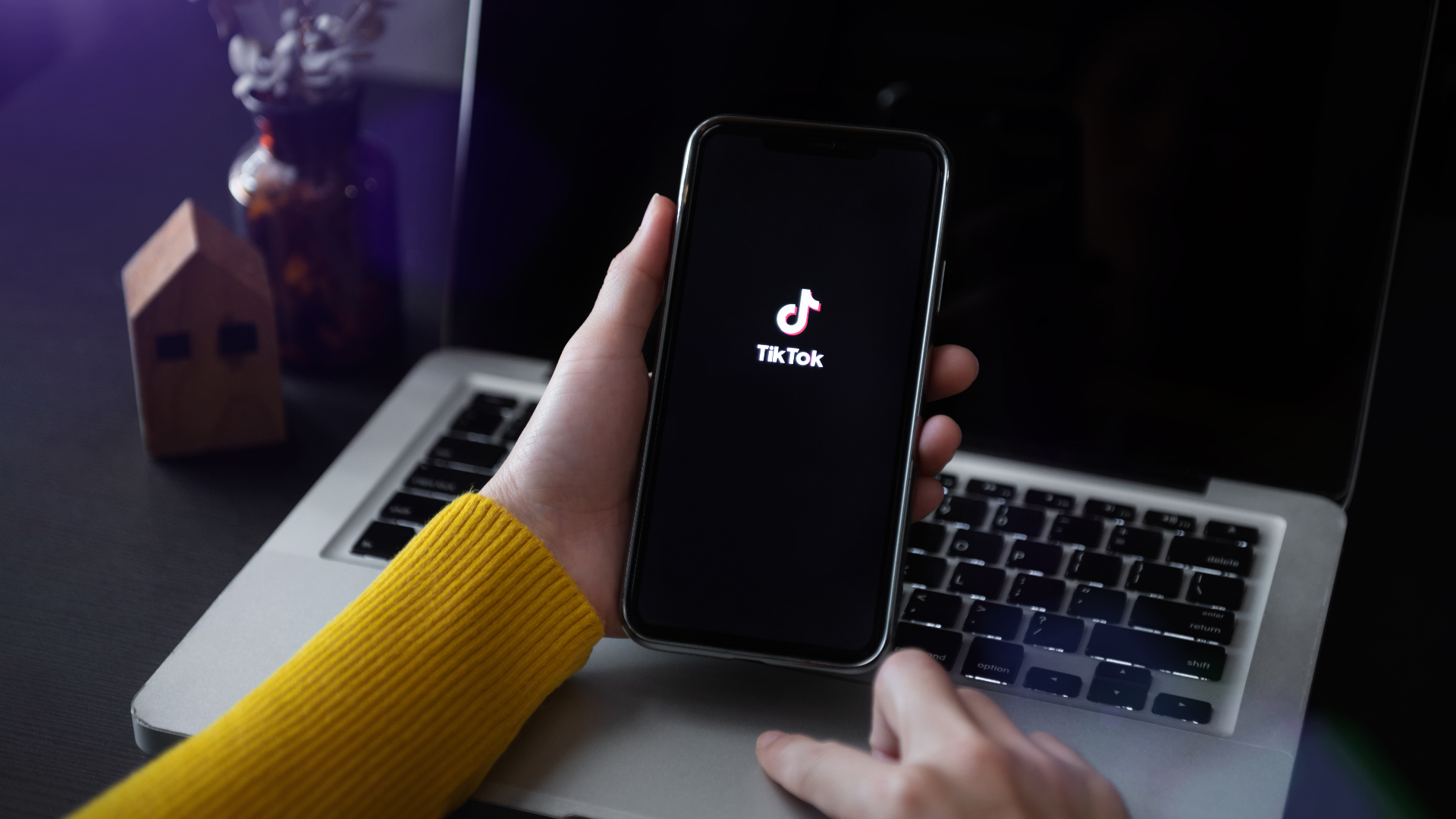
The TikTok dilemma: privacy risks vs the importance of free choice
March 30, 2023 | Post
TikTok has been under intense scrutiny for its data collection and sharing practices, with concerns raised about the platform’s relationship with the Chinese government and its potential for mass surveillance of Americans. But should it be banned?
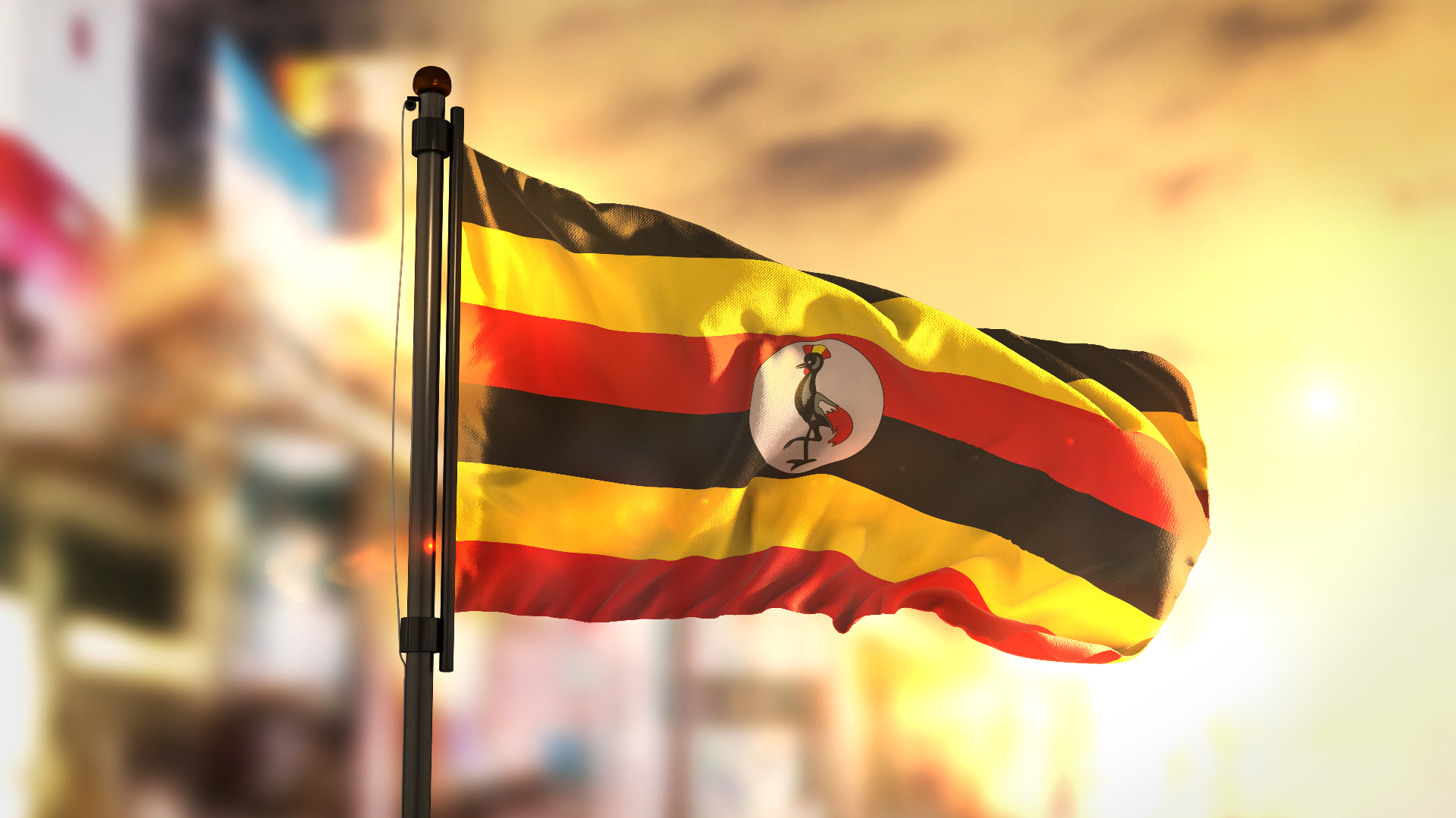
The Misuse of Social Media Act: a threat to freedom of expression in Uganda
February 27, 2023 | Post
The provisions in the Misuse of Social Media Act passed by Uganda’s Parliament are highly restrictive and pose a direct threat to digital freedom. Here’s a quick breakdown of how and why…

The KGB still runs Russia and always has
January 18, 2023 | Post
The KGB still runs Russia. In its structure of power, the same organization that inflicted terror in Soviet times is still calling the shots.
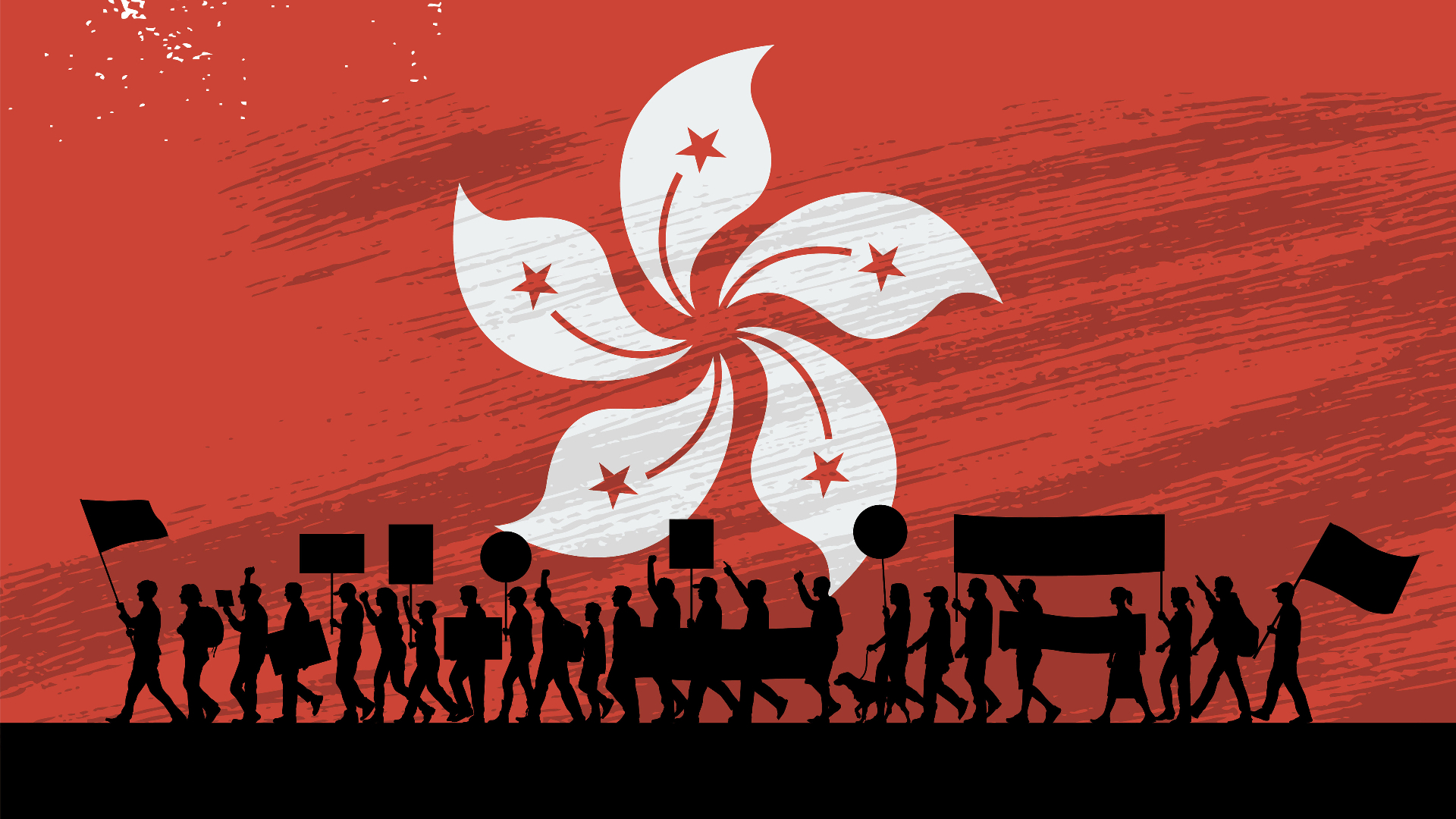
National Security Law: the crackdown on democracy and freedom in Hong Kong
January 5, 2023 | Post
China’s National Security Law has reduced Hong Kong’s autonomy and made it easier for the CCP regime to punish pro-democracy activists.

Are major tech companies stifling free speech?
January 5, 2023 | Post
Technological advances have made it much easier for individuals to express themselves, but are major tech companies now stifling free speech?
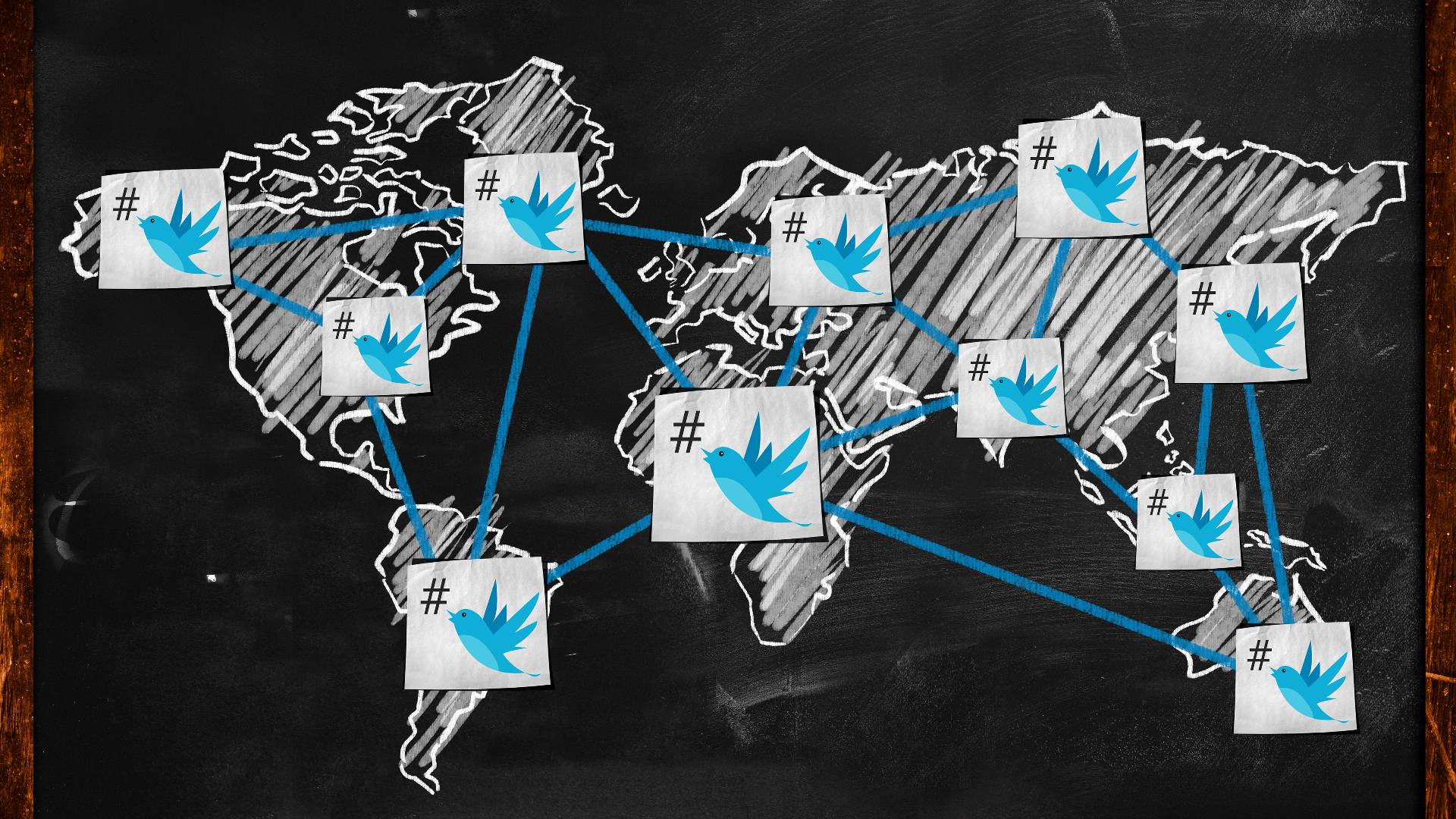
Is Elon Musk really a friend of free speech?
December 16, 2022 | Post
On December 15, 2022, under Elon Musk, Twitter suspended several prominent journalists’ accounts from publications such as The New York Times, The Washington Post, and CNN, among others.

People say Putin is pragmatic; here is why they are wrong
June 23, 2022 | Post
Students For Liberty’s Director of Alumni Programs, Jorge Jraissati, gives his thoughts on the ideology of Vladimir Putin, its history, and its ongoing effects.
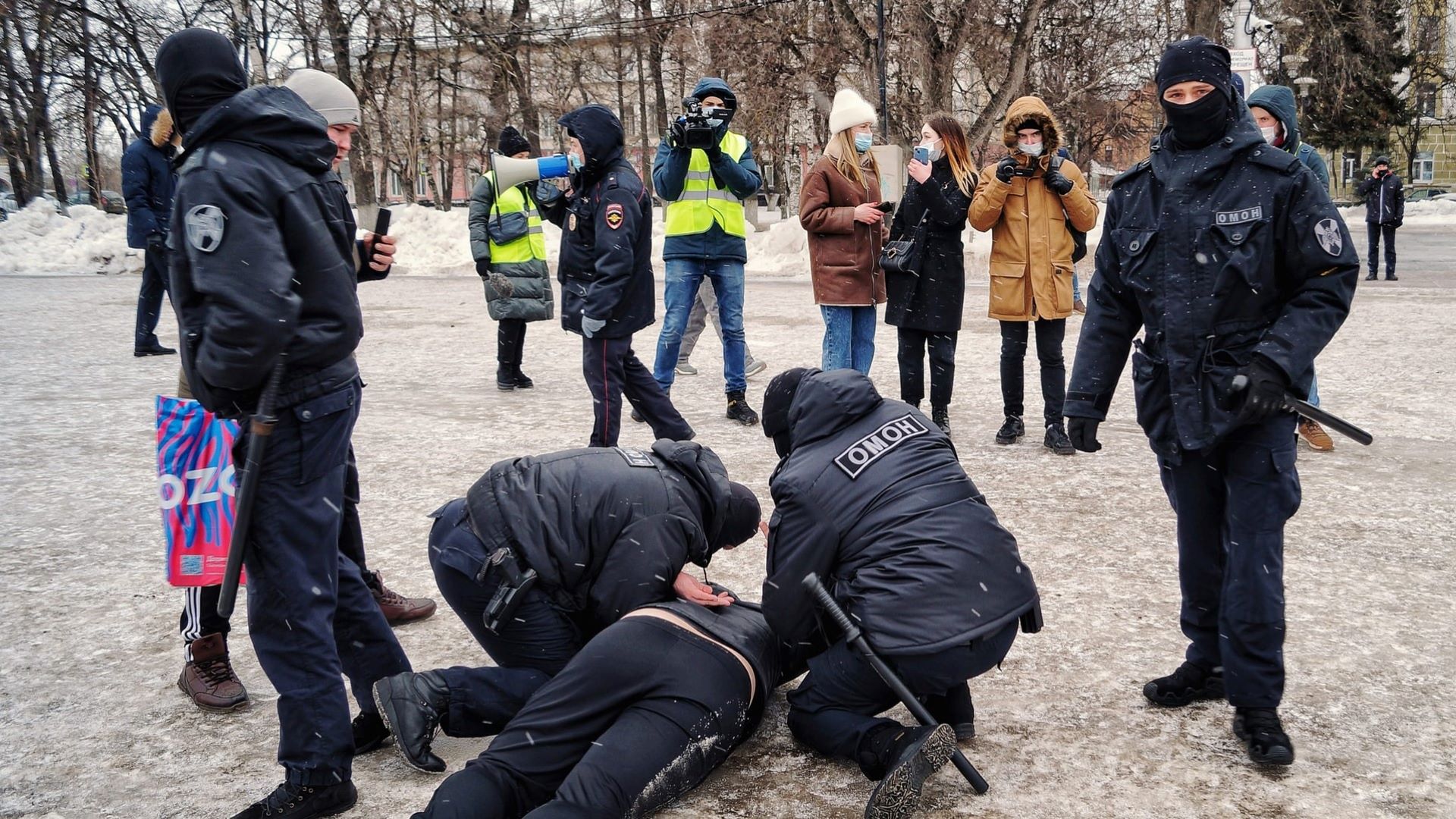
We cannot let freedom of speech become a casualty of war
June 17, 2022 | Post
Freedom of speech during wartime is crucial for transparency. If this right doesn’t apply during wartime, does it even exist in any meaningful sense?

1984 is as relevant as ever in 2022
May 13, 2022 | Post
The brutality and totalitarianism that Orwell portrays in 1984 remains a far-off nightmare for much of the world. But not all of the world.

Free speech, fake news, and society’s search for truth
May 12, 2022 | Post
Only in a society which treasures and protects the precious right to free speech can we move the truth forward and shed light on disinformation
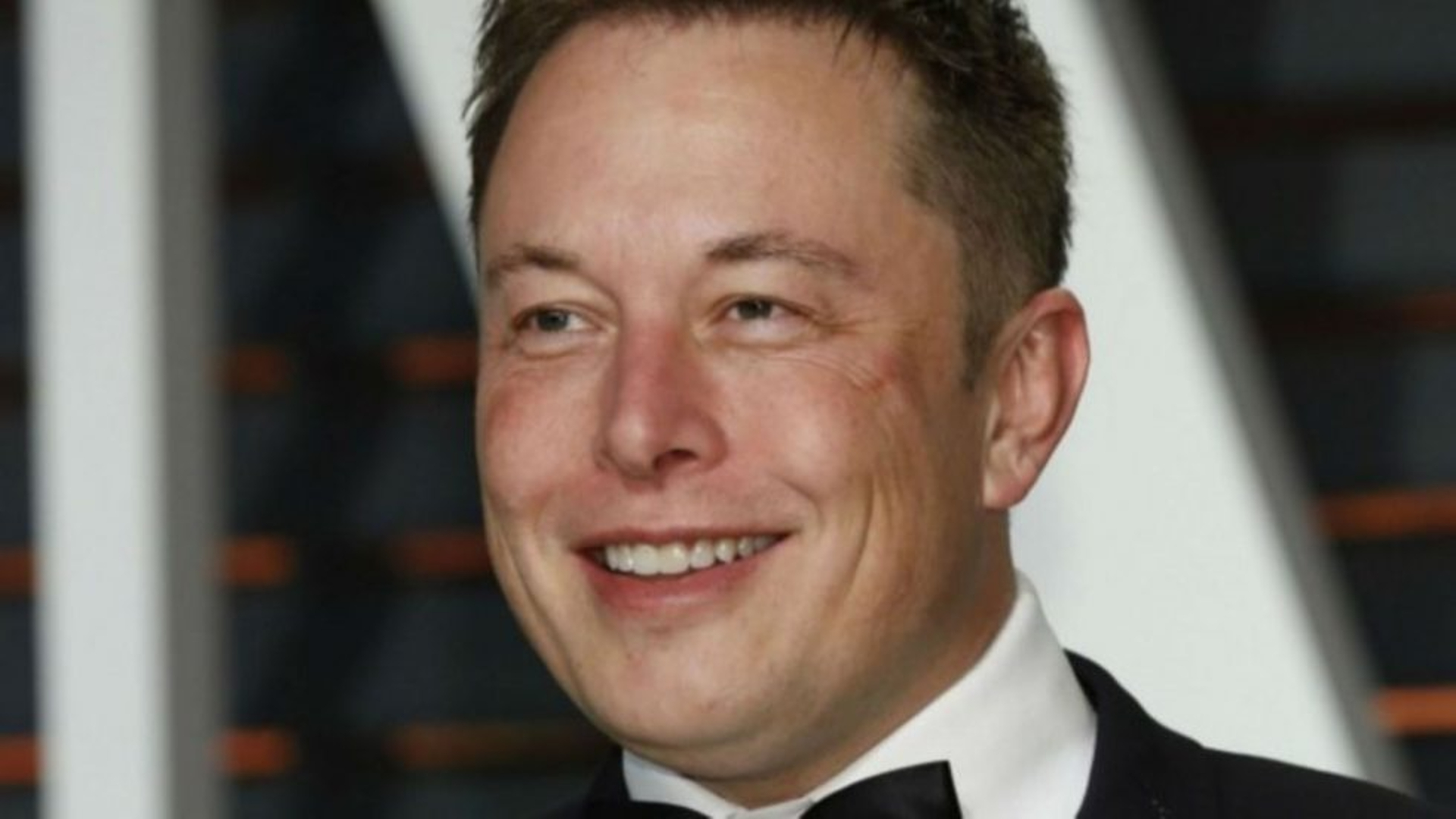
What Elon Musk buying Twitter means for social media and free speech
April 27, 2022 | Post
What will Elon Musk’s takeover of Twitter actually mean for the future of social media and free speech online? What changes can we expect?
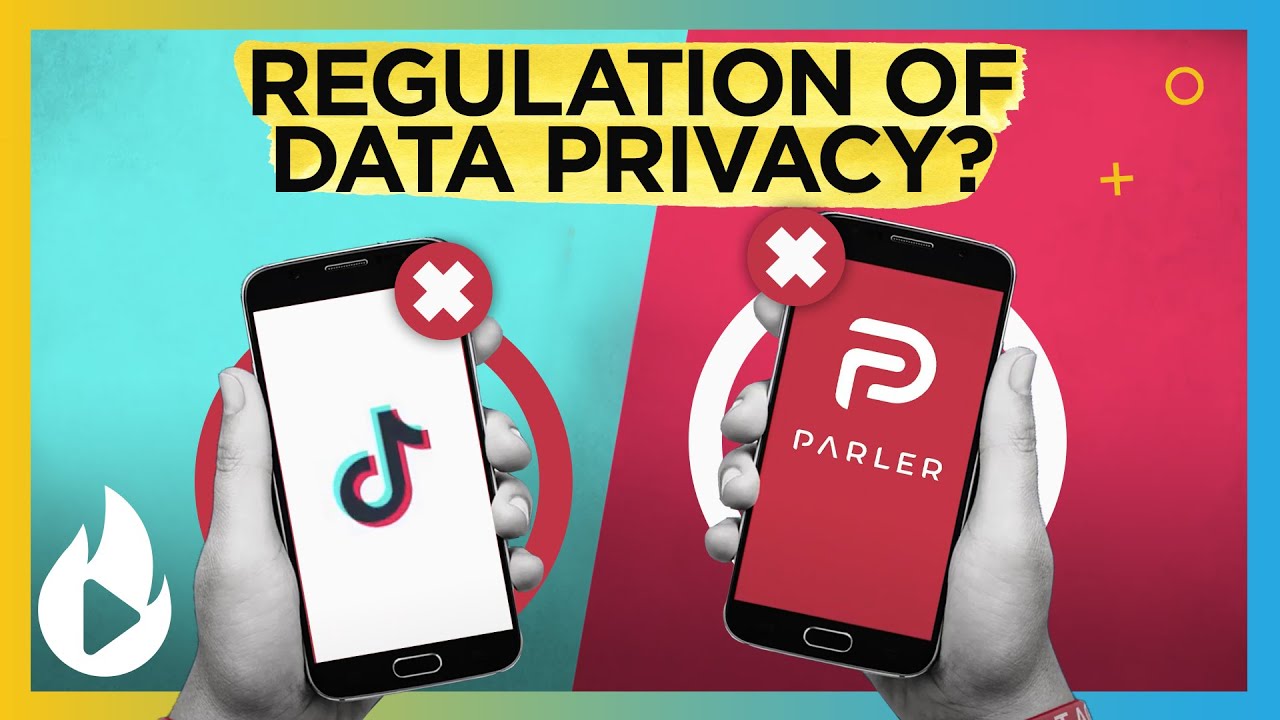
Why is Banning an App a Bad Idea?
April 28, 2021 | Video
In 2020, former President Trump expressed his wish to ban the app “Tiktok,” arguing that it constituted a violation of the privacy of millions of Americans.
We talked to Will Duffield, from the CATO Institute, and James Carafano, from the Heritage Institute, to understand the multiple points of view on this issue.
Was Tiktok providing the data from millions of Americans to the Chinese government? Is banning Tiktok a viable solution? How would other countries react to this intervention?
#SocialMedia #Censorship #Tiktok

Anonymity and doxing in the 1787 ratification debates
March 7, 2017 | Post
The American founding generation had this crazy idea that ideas mattered more than who espoused them.

What’s Controversial Today May be a Classic Tomorrow
August 13, 2016 | Post
Feminists begin to turn on their own when some deviate from the feminist party line. Professor Laura Kipnis details her experience with campus censors in this Learn Liberty video.

College Professor Writes “Sexual Paranoia” Essay, Is Put Under Title IX Investigation
August 6, 2016 | Post
Northwestern University—like many universities around the country—recently banned consensual relations between faculty and students. In response to this decision, Northwestern Professor Laura Kipnis wrote an ironic essay highlighting all the professors married to former students on the campus and at other campuses around the country. In the Learn Liberty video below, Professor Kipnis discusses the […]

